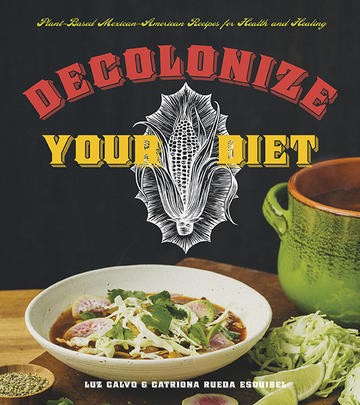Sister of The Road, The Autobiography of Boxcar Bertha
£8.00
Such minor complaints aside, Sister of the Road truly is an amazing novel. It is an autobiography not of a single woman, but of thousands of men and women who dropped out of the dominant culture to live life on different terms. These are lives and stories rarely told in history texts, and that’s exactly what makes this book so valuable.
Only 1 left in stock
Description
Another raging slab of real American history you’re not likely to find in the textbooks. It’s a window into a wildly under-appreciated dropout culture that gets left out of the stultifying fairytales that pass for history books—a much more rowdy and messily interesting tradition than the guardians of propriety, steeped in those other great American traditions of puritanism and hypocrisy, let on. Hobo jungles, bughouses, whorehouses, Chicago’s Main Stem, IWW meeting halls, skid rows and open freight cars—these were the haunts of the free thinking and free loving Bertha Thompson. This vivid autobiography recounts one hell of a rugged woman’s hard-living depression-era saga of misadventures with pimps, hopheads, murderers, yeggs, wobblies and anarchists.
I am one of those people who always wants to know whether a movie, book, or story is true. It’s not so much that I think true stories are somehow better than fiction, but that I appreciate them differently. For instance, I adore the novel Jane Eyre and am not in the least bit disturbed that there is no way it could be a true story, yet the movie Erin Brockovichwould not be nearly so charming if it were not true. That said, when I picked up Sister of the Road – The Autobiography of Boxcar Bertha in the bookstore, I knew I had to read it. Described as the autobiography of a hobo “free-thinking and free-loving” woman in the early twentieth century, it sounded radical and inspiring. And the book was radical and inspiring, right up until the afterward, where it was confessed that Sister of the Road was not, in fact, an autobiography, but rather a work of fiction. Let’s just say that I was very annoyed.
I still think that Sister of the Road is an interesting story and one worth reading. However, I would be much more interesting in reading the life story of the man who wrote it. Dr. Ben Reitman was a hobo, a writer, a doctor, an agitator, an educator, a lover of Emma Goldman and a distributor of birth control information at a time when such doing so was illegal and highly dangerous. Now that would be an interesting story.
But back to the book at hand. Once I recovered from my peevishness at being duped, I realized that Sister of the Road really did not lose much for not being literally true. After all, Reitman based this book largely on three women that he knew, as well as material from hundreds of conversations he had with various tramps, hoboes, and other people on the road throughout the course of his life. It remains a provocative glimpse into a way of life and an entire culture that most people were never aware existed.
Boxcar Bertha grew up in communes, railway yards, and in hobo hotels that her mother, who both practiced and preached free-love, operated. Her education was primarily one of speaking with vagrants, socialist, and activists of all kinds. By the time she was sixteen, she was criss-crossing the country on trains, mostly by hoboing, very rarely paying her way, even when she had the money. She loved and left men, fell into a life of crime and then walked away, she spent time in a prison, a venereal disease hospital, a brothel, and working in an abortion clinic. There are very few aspects of underground life that she does not delve into.
The most amazing thing about Sister of the Road is that for the majority of the book, it remains uplifting even in the midst of what might what be taken to be very dark circumstances. The only times Bertha really gives over into depression is when someone she loves dies. The rest of the time she plows ahead with a matter of fact optimism, determined to make the best of everything. Determined to never think ill of her fellow wanderers, she seeks out the motivations of why people do the things that they do. Here is where the reader truly benefits from Dr. Reitman’s hundreds of interviews, as he illuminates how people come to be the people they are, and why they believe what they profess to believe.
Conversely, perhaps the greatest weakness of this book is simply the amount of time that has passed since it was written. Trains are no longer as commonly used as a method of transportation as they once were, and when the book describes the various places a hobo could ride on a train, I only rarely could understand what they were talking about. These distinctions were often important, as certain ways of riding the train were much more dangerous than others, and it would have been nice to be able to picture them as I read.
Such minor complaints aside, Sister of the Road truly is an amazing novel. It is an autobiography not of a single woman, but of thousands of men and women who dropped out of the dominant culture to live life on different terms. These are lives and stories rarely told in history texts, and that’s exactly what makes this book so valuable.





